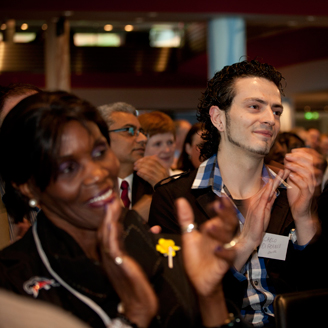If you felt too tired to get out of bed this morning, spare a thought for Michael Lusher who was shot in the head during the early hours of Sunday 20th May 2007, but he didn’t realize it until he awoke nearly four hours later and noticed blood coming from his head!

You can't beat a good nights sleep!
In our 24/7 world, time spent sleeping is in decline so it’s little wonder that some of us find it hard to wake up in the morning. It’s reported that we sleep at least one hour less each night than we did a half century ago.
A recent American study found that during a two-week period, 40% of workers reported fatigue. Of those, 65% reported health-related lost productive time. According to the researchers, workers with fatigue cost US employers $136.4 billion annually in health-related lost productive time.
Two-thirds of adults report frequent sleep problems, however only one in eight says those problems have been diagnosed. The ‘sleep deprived’ are also more likely to suffer from obesity, diabetes, cardiovascular, psychiatric and gastrointestinal disease, and impaired immunity. So it’s not just the quantity of our sleep that matters but also the quality; snoring loudly, daytime dozing, trouble falling asleep or waking unrefreshed are just a few of the signs that a person could be ‘sleep deprived’
“Sleep is sort of like food,” says Robert Stickgold, a cognitive neuroscientist at Harvard Medical School. He adds, there’s one important difference: “You can be quite starved and still alive. But many of us live on the edge of sleep starvation and just accept it.”…










 Follow us
Follow us Become a contact on Linkedin
Become a contact on Linkedin








